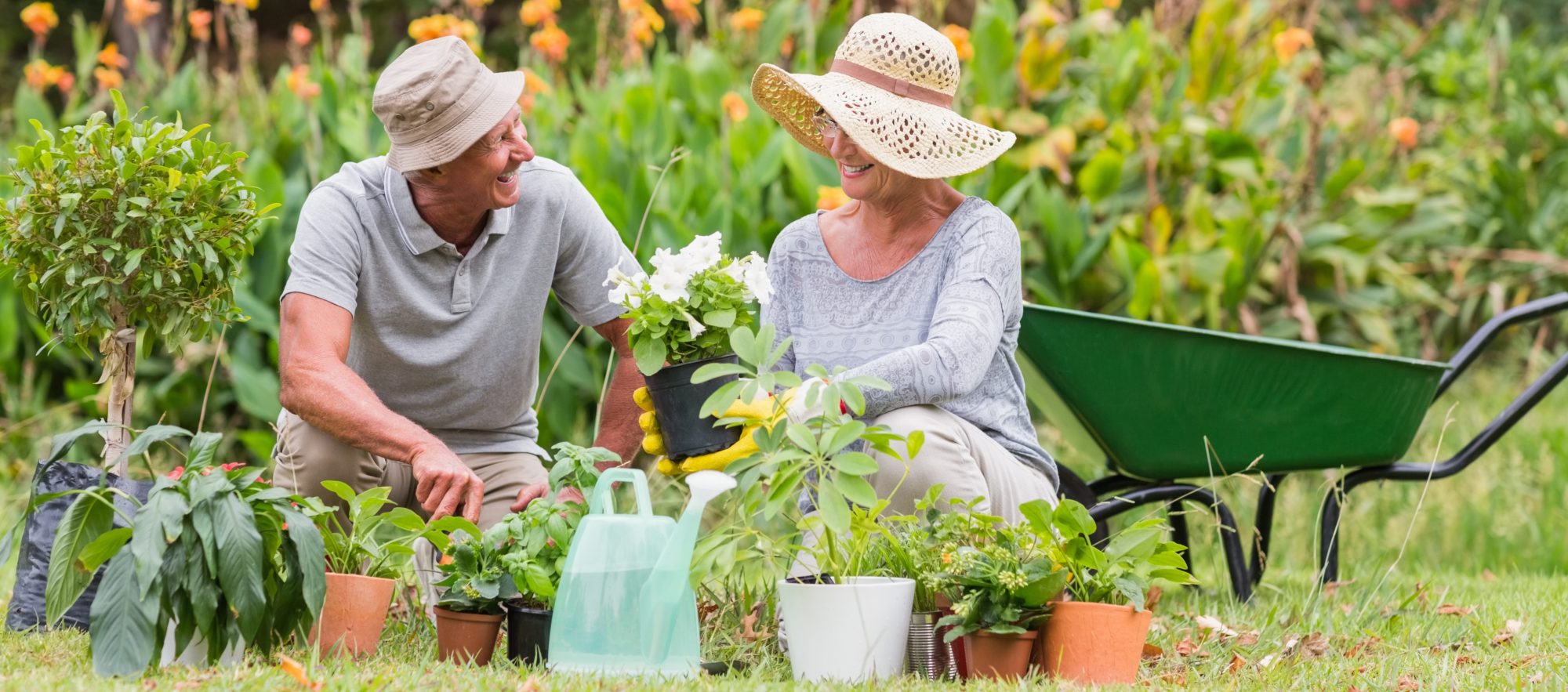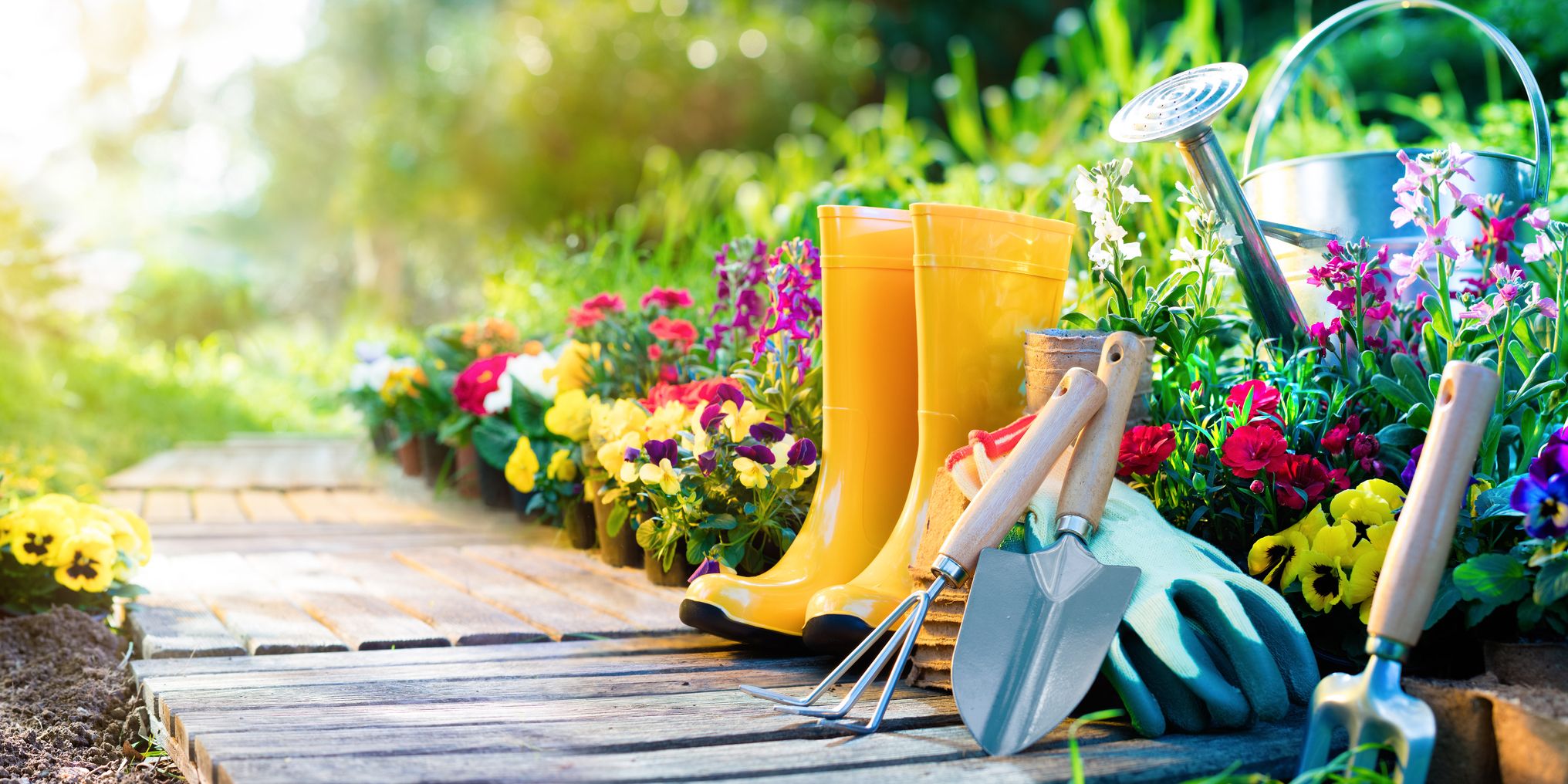Vital Gardening Tools Every Garden Enthusiast Needs for a Beautiful Garden
Opening the Advantages of Gardening: A Thorough Take A Look At the Various Kinds and Their Influence on Wellness
Exploring the diverse advantages of gardening exposes a spectrum of methods that significantly enhance private health. As we analyze these varied horticulture approaches, it comes to be evident that their effect can reverberate on personal, social, and environmental degrees, triggering a more detailed look at just how these connections form a natural story of all natural wellness.
Kinds Of Gardening

Flower gardening, another preferred group, stresses the visual allure of grown blossoms. This type can enhance landscapes and advertise biodiversity by bring in advantageous pollinators. Natural herb gardening involves growing fragrant and cooking plants, contributing both to cooking and natural treatments.
Container gardening deals versatility, enabling individuals with limited area to take part in gardening by utilizing pots and planters. This technique is particularly preferred in urban setups. Increased bed horticulture, on the other hand, includes creating raised stories that improve dirt water drainage and availability, making it less complicated for garden enthusiasts to manage their plants.
Finally, neighborhood gardening fosters collaboration among individuals in shared spaces, advertising social communication and cumulative responsibility. Each kind of gardening offers distinctive functions and satisfies various choices, making gardening a versatile task that can be tailored to individual needs and atmospheres.
Mental Wellness Advantages
Participating in different kinds of horticulture not only generates concrete rewards such as fresh produce and lovely blossoms yet additionally provides significant psychological health benefits. Study suggests that gardening can be a powerful device for decreasing stress, anxiety, and depression. The act of often tending to plants and cultivating a yard cultivates a feeling of function and success, which can improve total emotional health.
Furthermore, horticulture urges mindfulness, as it requires individuals to concentrate on the present moment, whether it be growing seeds or supporting development. This mindfulness method can bring about minimized rumination and improved state of mind stability. The direct exposure to natural surroundings throughout gardening has additionally been linked to improved cognitive working and lowered feelings of fatigue.
Social communication plays an important function in mental wellness, and area gardening campaigns offer opportunities for people to link with others, promoting a feeling of belonging. The common experience of horticulture can grow relationships and support networks, even more strengthening psychological strength.
Physical Health Perks
Many individuals may not realize that gardening additionally offers considerable physical health and wellness advantages. Participating in horticulture activities requires a series of physical activities, including flexing, lifting, digging, and growing, which jointly contribute to improved strength, flexibility, and endurance. These activities can boost cardiovascular health and wellness by promoting a raised heart rate, thus minimizing the risk of cardiovascular disease.
Moreover, gardening can work as a moderate-intensity exercise, helping people achieve advised exercise degrees. Research studies show that routine engagement in horticulture can shed substantial calories-- approximately 200-400 calories per hour, relying on the intensity of the jobs done. Such calorie expenditure is beneficial for weight management and total metabolic health.
In addition, exposure to sunlight during gardening can help click here for more info with the synthesis of vitamin D, which plays an essential duty in keeping bone health and wellness and sustaining immune function. The act of gardening commonly includes functioning with dirt, which has actually been connected to prospective psychological and physical wellness benefits due to the existence of beneficial microorganisms.
Social Connections Through Horticulture
The common aspects of gardening foster purposeful social connections among individuals. Community yards, specifically, act as dynamic centers where people from diverse backgrounds collaborated, cultivating not just plants yet likewise connections. These common areas urge collaboration, permitting individuals to trade expertise, abilities, and resources, consequently improving their horticulture experience and fostering a sense of belonging.
Involvement in horticulture tasks frequently brings about the formation of relationships and assistance networks. Individuals often unite for usual objectives, such as growing seasons, harvest celebrations, or instructional workshops, which reinforce interpersonal connections and develop a sense of neighborhood. Such interactions can alleviate feelings of seclusion and enhance mental health, as people find friendship and friendship in common ventures.

Ecological Effect of Gardening
Gardening significantly adds to environmental sustainability in several ways. Among the most noteworthy benefits is the improvement of biodiversity. Home yards offer essential environments for different types, including pollinators such as bees and butterflies, which are vital for ecological community health. By cultivating diverse plant types, gardeners can produce a imp source well balanced atmosphere that sustains both plants and animals.

Additionally, yards play an important duty in water preservation. Tactical landscapes, consisting of indigenous plants and xeriscaping, lower water usage and stop drainage, thereby shielding neighborhood rivers from air pollution.
Final Thought

Finally, horticulture acts as he said a complex activity that boosts health across different domain names. The varied kinds of horticulture-- including vegetable, blossom, natural herb, container, and raised bed-- add to mental and physical health and wellness, foster social connections, and promote environmental sustainability. By taking part in gardening practices, people can experience improved quality of life while likewise supporting area bonds and eco-friendly health and wellness. Inevitably, the holistic benefits of horticulture emphasize its importance as an important component in boosting overall health.